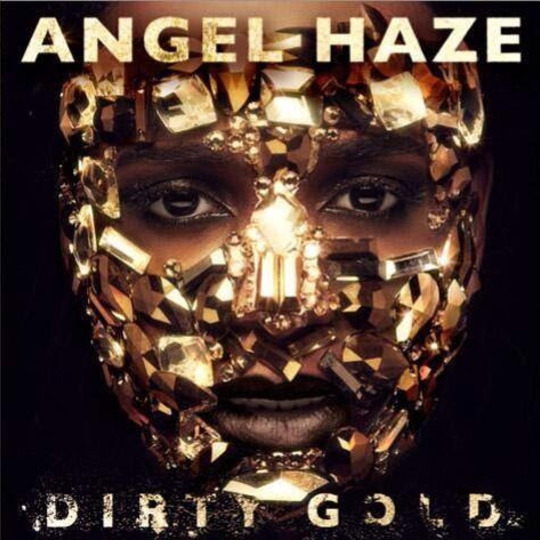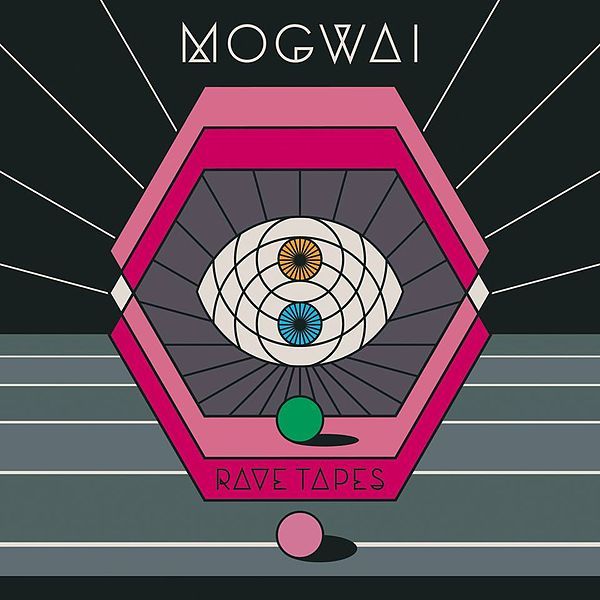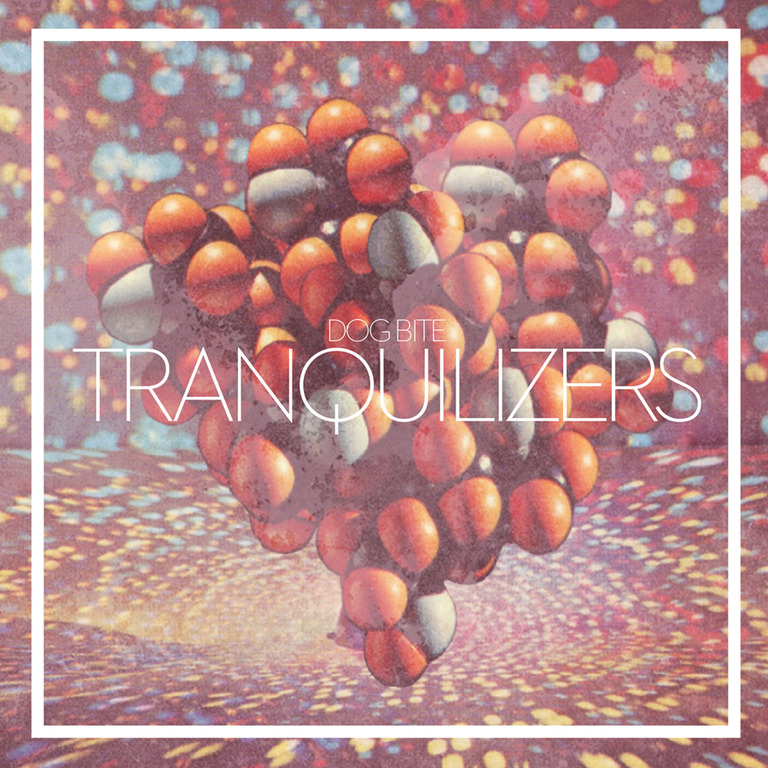“If you’re contemplating suicide, this is for you” spits Angel Haze on ‘Angels and Airwaves’, laying to rest any worries that major-label money might buff the edges from the Detroit rapper. Anyone familiar with her ferocious mixtapes and sometimes harrowingly confessional and confrontational lyrics must surely be curious as to what her debut proper was going to sound like - how could you harness that darkness, that pure fury, and expect it to sell in the amounts that will please a label that has Nicki Minaj, Drake and Lil Wayne huddled beneath its umbrella?
It's not quite the gamble you’d imagine. A million years ago The Marshall Mathers LP sold by the bucketload and for all its skits and schtick that was a dark, dark record. Dirty Gold treads a similar line in confessional, accessible hip-hop and when it works it has a similarly transcendent, crossover power. That said, anyone approaching this expecting something as raw, or as powerful as her startling rework of Eminem’s ‘Cleaning Out My Closet’ is missing the intent: this may not be a softened Angel Haze but it is a more broadly appealing one - that’s the point. Occasionally you can see the joins, when the welding of Haze’s hellfire to a mainstream palette feels a little ill-fitting and uncomfortable, but those moments are outgunned on a record that more often than not hits home, and hits hard.
Dirty Gold sets its stall early, opening with a snatch of dialogue that runs through the record (perhaps a nod to Gil Scott-Heron’s confessional swan song I’m New Here, perhaps not) before launching the vorp-vorp hands-in-the-air pulse of ‘Sing About Me’, its hook rampantly commercial, its synths making the tiniest nod to chart-friendly Geutta-ish rave ups, and Haze’s flow impeccable. It sounds like a hit, albeit a hard-edged one, a sugared pill to bring you into the world. A similar case can be made for the electro pow-wow of ‘A Tribe Called Red’, playing with Haze’s Native American heritage while declaring it completely irrelevant (“I don’t identify with that shit” she says by way of introduction,) again Haze’s million-miles-an-hour spit and the jumpy electronica it covers feels commercial and exciting. Even ‘Deep Sea Diver’s doomed relationship has a sparky, Rhianna-ish quality that feels like contemporary pop. Once that sugared pill kicks in though, things start to change and Dirty Gold darkens across its middle third.
It starts with the astonishing seven minutes of ‘Black Synagogue’, opening with poetry which gives way to preaching then to dark R&B and finally to an increasingly intense and breathless tale of religious confusion and exploitation, where Haze’s urgent delivery could draw blood. ‘Angels And Airwaves’ deals explicitly with suicide, and twists between an aggressive desperation and a placid, floating chorus. The bed here is fascinating, pulsing and clattering with an insistent, bright electronic figure that skims across the top. Dirty Gold peaks on ‘Black Dhalia’, on which Haze attempts to rewrite her mothers story, even offering to erase her own existence in order to spare both of them the pain it has caused. If you’re looking for soul-searching confessional, here it be.
There are places where the rapper is a little eager to please - the Sia-featuring ‘Battle Cry’ is decent enough but sounds like so many other records from the past decade it’s hard to get excited about, while ‘Planes Fly’ and the title track feel like they’re retreading old ground. Audiences don’t appear to be sold either - Island sneaked the album out in the dead space between Christmas and New Year after Haze herself leaked it, and the result has hardly set the charts alight.
There will be better and bigger hip-hop records out this year, and Haze is occasionally scuppered by her flaws - her eagerness to sit between Drake and Minaj at the top table has to fight for space with her absolute need to empty the contents of her head, and the darkness accumulated therein. It’s a tricky balance, but one that Dirty Gold gets right more often than not.
-
7Marc Burrows's Score
-
6User Score






















